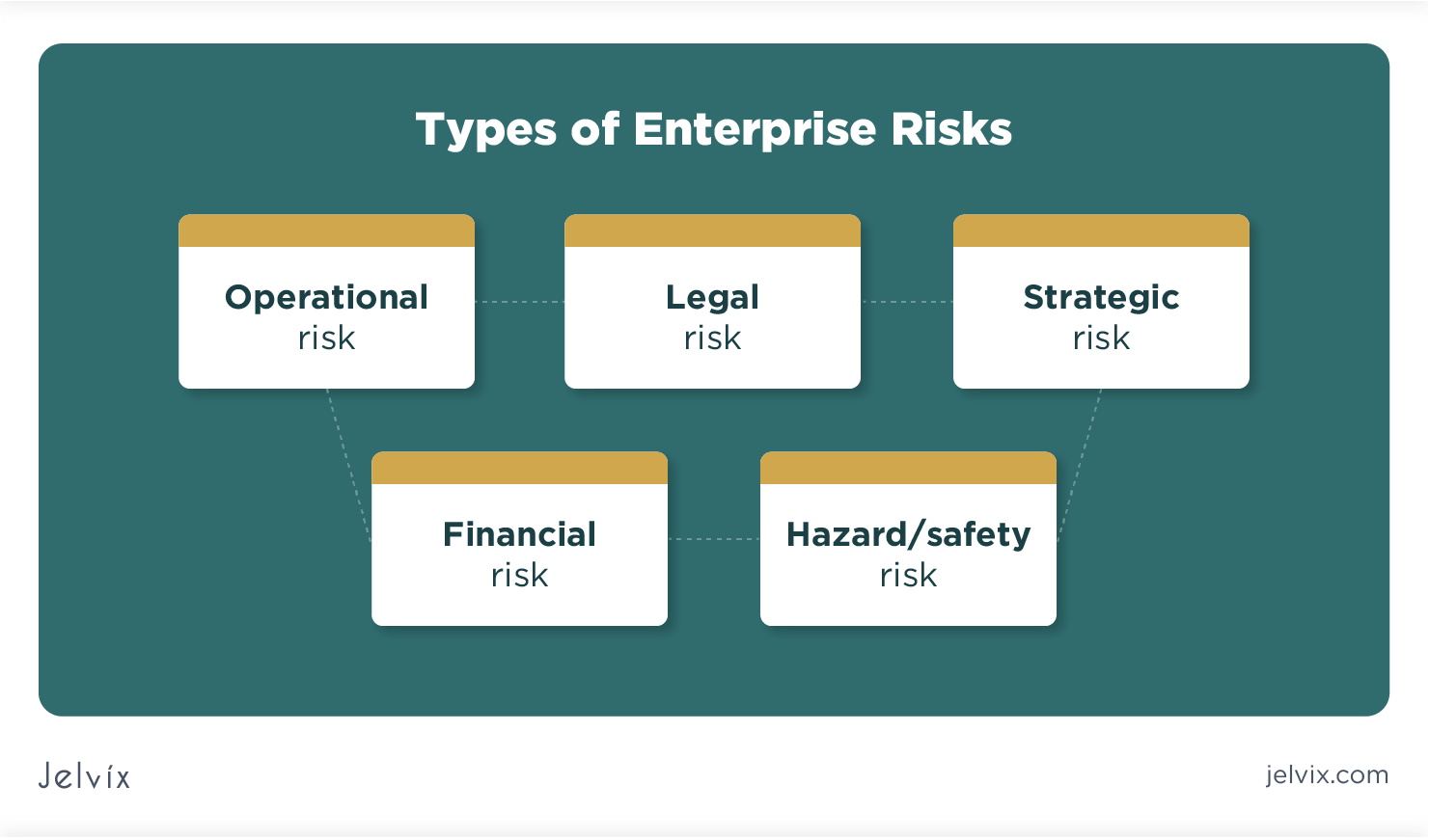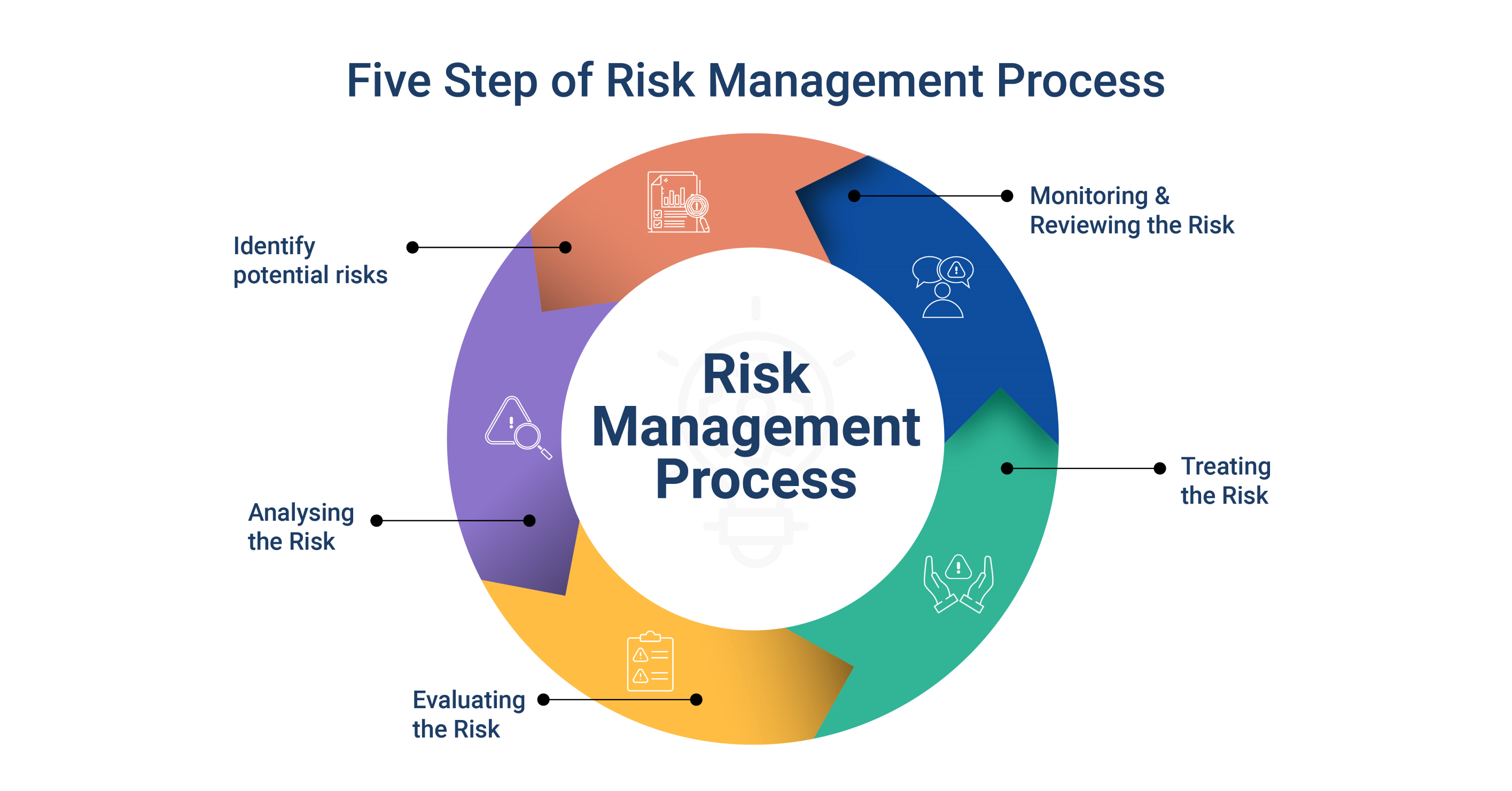Insider threats highlight a valuable direction for digital safety
Check out the Role of AI in Promoting Ethics and Stability to Battle Expert Threats Successfully
The combination of AI in business frameworks has come to be essential in resolving expert threats. By employing sophisticated analytics and real-time tracking, AI systems can determine discrepancies from moral actions amongst staff members (Insider threats). This positive method not only improves compliance yet also cultivates an environment of depend on. As firms increasingly depend on these innovations, inquiries develop about their efficiency and prospective ramifications for workplace society. What lies in advance in the advancement of AI's duty in promoting honesty?
Understanding Insider Hazards and Their Effect on Organizations
Although organizations typically focus on external risks, expert threats pose a considerable threat that can weaken safety and security and stability. These hazards arise from individuals within the company, such as workers or contractors, who may misuse their accessibility to sensitive information for individual gain or malicious intent. The influence of expert hazards can be severe, resulting in monetary losses, reputational damage, and legal implications.
Aspects adding to expert threats consist of dissatisfaction with the work environment, absence of oversight, and poor worker training on safety and security protocols. Organizations frequently battle to determine these risks, as they can be tough to find till significant damages has actually taken place. Avoidance methods have to concentrate on promoting a culture of depend on and accountability, together with carrying out durable surveillance and reporting systems. By identifying and addressing the complexities of expert threats, companies can boost their safety and security pose and protect their useful properties from internal dangers.
The Advancement of AI in Office Safety And Security
As organizations significantly challenge diverse safety and security difficulties, the assimilation of artificial intelligence (AI) in workplace safety and security has progressed substantially. Initially, AI applications focused mainly on automating fundamental safety methods, such as accessibility control and security. Nonetheless, advancements in artificial intelligence and data analytics have transformed AI into an aggressive device efficient in determining prospective risks and vulnerabilities in real-time.
Organizations currently utilize AI-driven systems to assess huge quantities of data, enabling them to detect strange actions that may indicate expert dangers. This evolution has actually led to the growth of advanced algorithms that can gain from historic events, enhancing the system's anticipating capabilities. Additionally, AI devices are increasingly made use of to enhance event feedback processes, allowing protection teams to act promptly and efficiently.
How AI Monitors Worker Behavior for Ethical Conformity
Synthetic knowledge plays a necessary role in checking employee actions to guarantee honest compliance within companies. AI systems assess huge quantities of data created by employees, consisting of interactions, deals, and accessibility to delicate information. By utilizing advanced algorithms, these systems can determine variances from established ethical requirements and company policies.
Artificial intelligence designs continually adjust to recognize patterns of habits that could indicate ethical breaches, such as unapproved information access or unusual deal tasks. Insider threats. Furthermore, AI-driven devices can offer real-time informs to monitoring, facilitating timely interventions when prospective threats are detected
The combination of AI into compliance tracking not just boosts the company's capacity to promote integrity but likewise promotes a culture of responsibility amongst workers. By advertising openness, AI systems work as a deterrent versus dishonest habits, making certain that staff members continue to be straightened with business worths and moral criteria.
Evaluating Patterns: Determining Risky Habits With AI
A growing variety of organizations are leveraging AI to examine patterns that might suggest risky habits amongst workers. By making use of advanced formulas, these systems can look through substantial amounts of data, determining anomalies in customer habits that might recommend potential expert risks. AI can identify uncommon access patterns to delicate info, such as employees accessing documents outside their typical scope of job or during irregular hours. Furthermore, behavioral analytics can highlight frequent adjustments in a worker's communication design or collaboration behaviors, which may indicate underlying problems. This aggressive technique allows organizations to determine risk elements prior to they escalate right into significant threats. Subsequently, the integration of AI right into monitoring techniques not only improves security yet likewise cultivates a culture of responsibility and ethical actions. By recognizing these patterns, organizations can better recognize the behavioral characteristics within their workforce, eventually advertising a safer and a lot more moral workplace.
Real-Time Insights: Immediate Feedbacks to Prospective Dangers
Real-time understandings via anticipating analytics and automated sharp systems play an important function in resolving prospective dangers to values and integrity. By leveraging these technologies, companies can anticipate risky habits and respond without delay to reduce dangers. This proactive technique improves liability and fosters a society of honesty in numerous settings.
Predictive Analytics Applications

Automated Alert Equipments
Predictive analytics provides a structure for companies to improve their responsiveness to honest concerns via automated sharp systems. These systems utilize real-time information to check activities, discovering anomalies that might represent potential expert risks. By leveraging artificial intelligence algorithms, automated alerts can determine patterns of behavior that drift from established standards, enabling speedy treatment. This immediacy is necessary in mitigating threats related to underhanded methods. Automated sharp systems can enhance communication among pertinent stakeholders, ensuring that potential risks are dealt with immediately and efficiently. As companies significantly rely upon AI-driven solutions, the assimilation of automated sharp systems will play a crucial duty in fostering a society of ethics and honesty, ultimately securing organizational possessions.
Fostering a Culture of Trust Via AI-Driven Openness
AI-driven openness can considerably improve count on within organizations by advertising liability and open visit this site interaction. Via real-time surveillance remedies, stakeholders can get understandings right into procedures and decision-making, cultivating a society of honesty. Data-driven decision-making even more sustains this openness, allowing informed selections that line up with ethical standards.
Enhancing Openness and Liability
Just how can organizations effectively promote a culture of trust? By boosting transparency and responsibility via the calculated usage of expert system. AI can assist companies systematically track decision-making processes, ensuring that activities line up with well-known moral standards. This transparency permits employees to see the reasoning behind decisions and plans, lowering ambiguity and cultivating a sense of fairness. Furthermore, AI-driven devices can assist in clear communication relating to expectations this and duties, encouraging people to take ownership of their actions. As accountability becomes embedded in the business culture, staff members are extra most likely to participate in ethical habits, recognizing their activities are kept an eye on and reviewed. Eventually, this strategy cultivates an atmosphere where depend on can thrive, considerably minimizing the danger of insider threats.
Real-Time Tracking Solutions
As organizations increasingly seek to promote a society of count on, real-time surveillance remedies become a crucial device in boosting openness. These AI-driven systems continually track activities, providing understandings right into user behavior and potential abnormalities that might show insider threats. By applying such tracking remedies, organizations can proactively determine risks, making sure prompt feedbacks to dubious activities. This not only safeguards delicate details yet also strengthens a commitment to ethical methods. The transparent nature of real-time tracking helps develop worker self-confidence, as individuals are mindful that their activities are being observed for the better good. Ultimately, these solutions serve to cultivate a workplace environment based in trust fund, responsibility, and ethical stability, essential for alleviating expert risks successfully.

Data-Driven Decision Making
Real-time tracking solutions prepared for data-driven decision making, which considerably enhances business transparency. By leveraging AI modern technologies, companies can assess vast amounts of data to recognize anomalies and patterns indicative of prospective insider risks. This logical method allows stakeholders to make informed choices based in empirical proof, promoting a culture of count on among staff members. Openness in decision-making procedures, reinforced by AI-driven understandings, motivates responsibility and honest actions. Furthermore, it permits organizations to proactively deal with vulnerabilities, ensuring that activities taken are justified and interacted clearly. Therefore, the implementation of data-driven approaches not just alleviates threats related to expert dangers however additionally enhances the values of integrity and moral conduct within the business framework.
Future Patterns: The Duty of AI in Enhancing Work Environment Ethics
While companies significantly turn to expert system for operational performance, the possibility of AI to boost work environment principles is getting prestige. Future trends show that AI will certainly play a necessary duty in establishing honest frameworks and guidelines, permitting companies to browse complicated moral dilemmas. By examining huge quantities of data, AI can determine patterns of underhanded habits and provide insights that promote openness and accountability.
Additionally, AI-driven tools can promote real-time monitoring of worker communications, assuring adherence to honest standards. This proactive method not just reduces insider risks but also grows a culture of honesty. As organizations embrace AI innovations, they should also focus on honest shows and algorithmic predisposition decrease to assure fairness.
In this progressing landscape, the assimilation of AI in moral techniques stands for a transformative change, fostering an environment where integrity is not merely expected but systematically reinforced.
Frequently Asked Questions
Exactly How Does AI Differentiate Between Benign and Malicious Actions?
AI separates in between benign and destructive activities by examining patterns in individual habits, utilizing device knowing algorithms to identify anomalies, and reviewing contextual data to identify whether actions align with recognized norms or exhibit potential hazards.
Can AI Devices Replace Person Judgment in Honest Decision-Making?
AI tools can not fully change human judgment in honest decision-making. While they can evaluate data and recognize patterns, the nuanced understanding of context, worths, and moral effects still calls for human insight and discernment.
What Are the Privacy Effects of AI Monitoring Staff Member Habits?

Exactly How Can Organizations Make Sure AI Algorithms Are Fairly Developed?
Organizations can guarantee AI formulas are morally designed by applying clear advancement processes, entailing varied stakeholders, carrying out regular audits, and sticking to well established ethical structures that focus on this page fairness, liability, and regard for user personal privacy and legal rights.
What Training Is Needed for Team to Comprehend Ai's Ethical Duty?
Personnel training should incorporate foundational AI values, data personal privacy, and predisposition awareness. Workshops, instance studies, and interactive sessions can boost understanding, guaranteeing employees acknowledge AI's ethical effects and its role in cultivating integrity within the company.
Synthetic knowledge plays a necessary role in checking worker actions to guarantee moral compliance within companies. The assimilation of AI into monitoring methods not just enhances safety yet also cultivates a society of accountability and honest actions. While organizations significantly encounter ethical issues and possible integrity breaches, anticipating analytics applications offer prompt insights that can assist minimize these risks. Anticipating analytics provides a structure for organizations to improve their responsiveness to honest issues with automated alert systems. Future patterns indicate that AI will certainly play a necessary function in establishing ethical structures and guidelines, enabling companies to navigate intricate ethical issues.